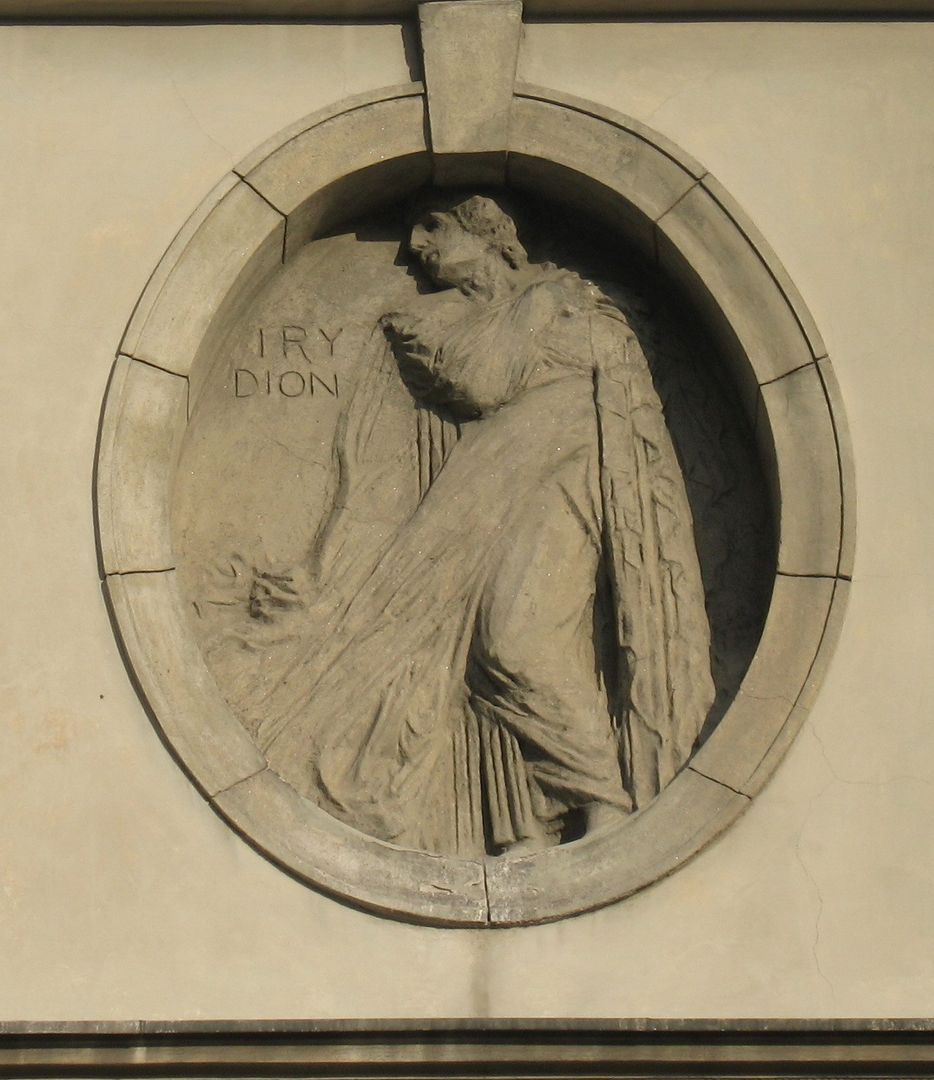The Polish Theatre named after Arnold Szyfman in Warsaw
6.06

Overview
The Polish Theatre named after Arnold Szyfman in Warsaw, opened on January 29, 1913, was established on the initiative of Arnold Szyfman and was the first venue in Poland with a modern revolving stage. Inaugurated with a performance of Zygmunt Krasiński’s "Irydion", the building designed by Czesław Przybylski is distinguished by its front facade facing Karasia Street. The theatre quickly gained renown as a leading monumental stage in Warsaw, particularly due to the work of Leon Schiller and its outstanding acting ensemble, which included such personalities as Aleksander Zelwerowicz and Józef Węgrzyn. The outbreak of World War I interrupted the theatre’s activities, and during World War II it was transformed into the Theater der Stadt Warschau. After 1945, the theatre resumed its operations, presenting both classics and contemporary works in its repertoire, earning recognition and awards, including the Order of the Banner of Labour, 1st Class. In subsequent years, the theatre was directed by, among others, Kazimierz Dejmek and Andrzej Seweryn, who currently serves as the managing director. The Polish Theatre is a place of rich cultural history, where both classical dramas and modern interpretations have been staged, and premieres of important works have been organized. In 2013, it was named after its founder, Arnold Szyfman. It is worth mentioning that in 1988, a monument to Leon Schiller was unveiled near the building, underscoring the theatre’s significance in Polish culture. Despite numerous historical upheavals, the Polish Theatre remains an important artistic center, promoting ambitious classics and new theatrical interpretations.
Location
Tickets
Powered by GetYourGuide
2026 Wizytor | All Rights Reserved